
SUSTAINABILITY
Sustainability
To realize our ideal vision of becoming a corporate group that continues to create value, Tokyo Fudosan Holdings Group has solved social issues through our business activities and continuously taken up the challenge of creating unique value. Positioning both financial and non-financial matters as important management issues, we will work on six themes (materialities) closely related to the SDGs to realize a sustainable society and growth.
Themes of our efforts to create value (materialities)

Lifestyles
Creating a variety of lifestyles
We will realize a vibrant life both physically and mentally by promoting the Lifestyle Creation 3.0 that combines home, work and leisure styles.
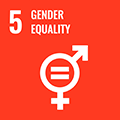
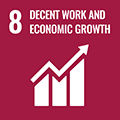
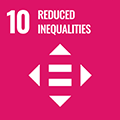
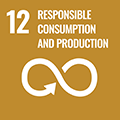

Liveable City
Create well-being communities and lifestyles.
We will realize a society where everyone can feel happy by building a secure, safe and comfortable life infrastructure and creating mutual aid communities.

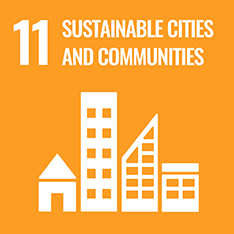

Environment
Create a sustainable environment.
As an environmentally advanced company, we will create a carbon-free and a recycling-oriented society by addressing global issues such as climate change.
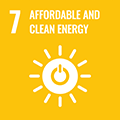
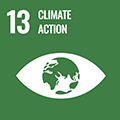
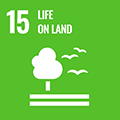

Digital
Create value in the digital era
We will work on our business model transformation by utilizing digital technologies to create new customer's new experience value.
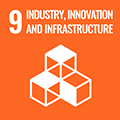
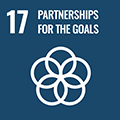

Human Capital
Create an organizational climate under which diverse human capital is enlivened
We will continue to create innovation by addressing an organizational climate that respects human rights and under which diverse human capital can exercise their abilities.




Governance
Create governance to accelerate growth.
As a group trusted by all stakeholders, we will aim to enhance our corporate value sustainably by increasing management transparency and fairness.
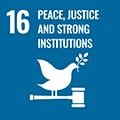
An environmentally advanced company that creates value
We are promoting the creation of a sustainable environment by leveraging our unique development capabilities as a developer and our experience of various environmental initiatives. As an environmentally advanced company, we will create liveable cities that coexist with nature by strengthening our environment-related businesses, such as expanding our renewable energy business along with comfortable and affluent community development.
Tokyu Fudosan Holdings Environmental Vision
- Environmental PhilosophyWe will create value to connect cities and nature, and people with the future.
- Environmental PolicyWe will make efforts to harmonize the environment and the economy through business activities.
- Environmental ActionWe will address five issues from three viewpoints.
Five Environmental Issues
TOKYU LAND CORPORATION's Main Initiatives
Initiatives in the Greater Shibuya Area
In the greater Shibuya area centered around Shibuya Station, we are pursuing urban development that combines infrastructure and services while making use of the area's diversity and are promoting the Greater Shibuya Area Concept that increases the value of the entire area over the long-term.





Example of Initiatives
- Creating large-scale office buildings, which are rare in Shibuya (SHIBUYA SOLASTA)
- Improving transportation and accessibility around Shibuya Station (SHIBUYA FUKURAS)
- Building a bus terminal and local freight handling site (SHIBUYA FUKURAS)
- Creating disaster-resistant urban functions (Shibuya Sakuragaoka Block Redevelopment Plan)
- Shibuya Startup 100 and other startup support
- Area management in participation and cooperation with local activities
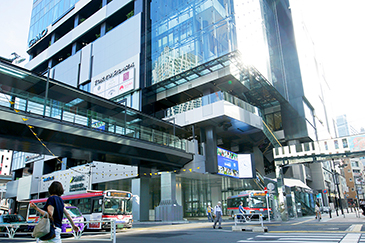
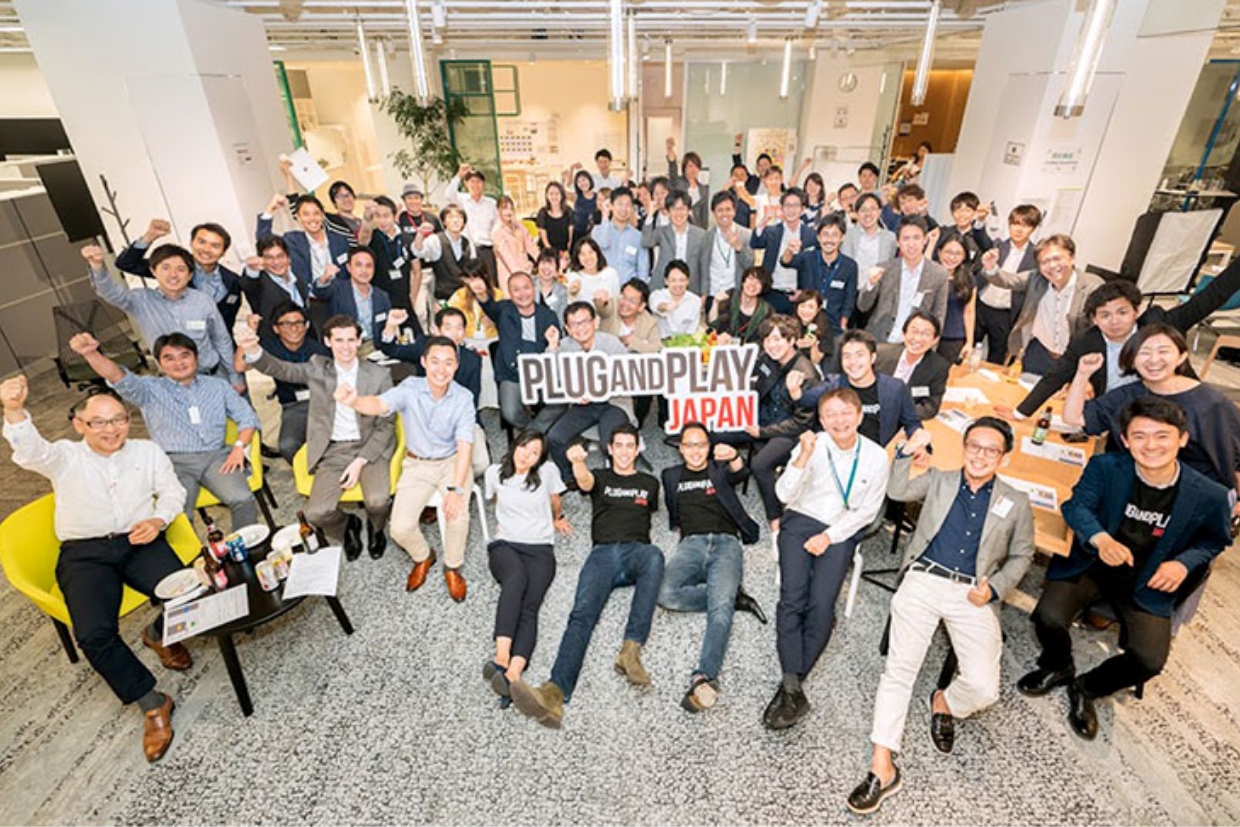
Initiatives in the Takeshiba Area
In the Takeshiba Area, an ocean and air gateway, we are involved in the revitalization of the surrounding area through area management and we are promoting the creation of an international business hub utilizing land owned by the Tokyo Metropolitan Government.
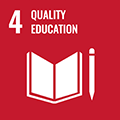





Example of Initiatives
- Joint development of a smart city together with the SoftBank Corporation (TOKYO PORTCITY TAKESHIBA)
- Building of a pedestrian deck connecting Hamamatsucho Station with Takeshiba Station
- Biodiversity conservation initiatives at Skip Terrace
- Creating new businesses in collaboration with Contents innovation Program (CiP)
- Area management through Takeshiba Area Management and Takeshiba Machikyo
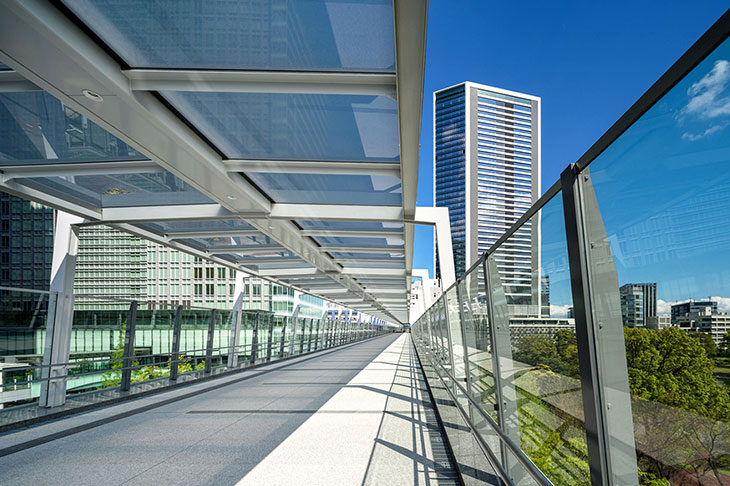
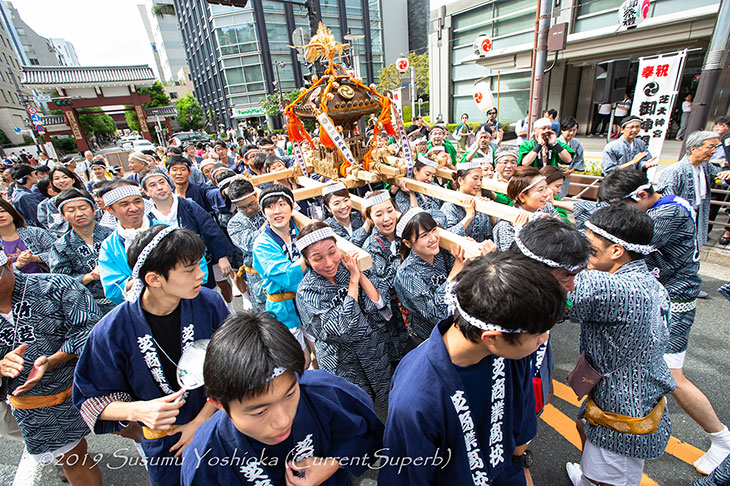
Renewable Energy Business Initiatives
Aiming for a decarbonized society, development of regional economies, and improvements in the ratio of power self-sufficiency in Japan, we are developing our Renewable Energy Business across the country, including with solar and wind power generation.




Example of Initiatives
- A total of 145 power generation projects with a rated capacity of 1,956 MW (As of March, 2025)
- Development of power plants in collaboration with our resort and logistics facility businesses
- Launching of the ReENE brand for our Renewable Energy Business
- Establishing ReENE Co., Ltd. to expand renewable energy
- Start of an initiative to build a local micro-grid in Matsumae Town in Hokkaido
- Establishing the Renewable Energy Association for Sustainable Power supply (REASP) to implement policy suggestions
- Establishing The Association for Reciprocal Revitalization of Renewable energy and Region (FOURE) to work towards a decarbonized society together with communities
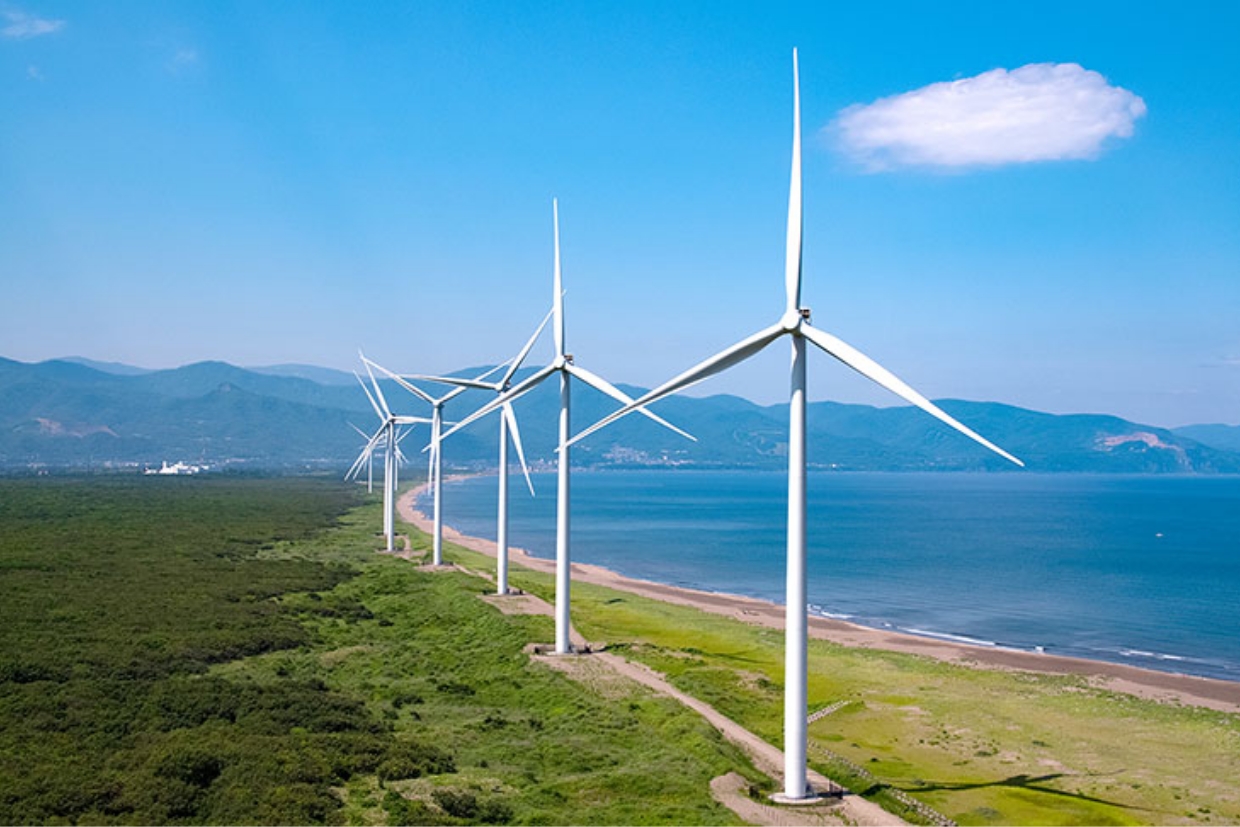
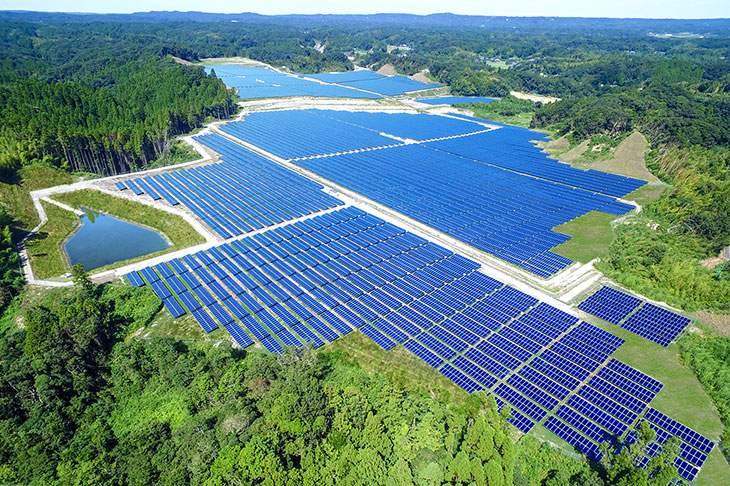
Great strides toward achieving the targets of the RE100 global initiative
In April 2019, TOKYU LAND CORPORATION became the first real estate company in Japan* to sign up to the RE100, the global initiative bringing together hundreds of large and ambitious businesses committed to 100% renewable electricity in their business activities. The company is making great strides toward meeting the targets of the RE100. In 2022, it converted its Japanese facilities to 100% renewable energy, including head office facilities such as Shibuya Solasta and office buildings in the greater Shibuya area.
*Based on industry classifications of companies listed on the first section of the Tokyo Stock Exchange

Facilities Subject to Our RE100 Commitments
As a signatory to RE100, which intends that businesses should commit to 100% renewable energy use in their operations, and after talks with CDP, which administers RE100, the facilities subject to our RE100 commitments are as follows.
- RE100 Commitments: Tokyo Land Corporation (non-consolidated) Facilities
- Facilities Not Subject to Our Commitments
- Facilities held temporarily, e.g., those intended for future sale
- Facilities used in joint projects, wherein those facilities are developed and/or operated chiefly by companies other than Tokyu Land Corporation
- Facilities where the tenant has entered into an electric power supply contract directly with the power company
- Facilities powered by Tokyu Land Corporation's cogeneration equipment (included herein because the Japanese market has no supply recognized as "green gas" by the RE100)
- 100% renewable energy pertains to electricity, and includes electricity generated from renewable energy sources for which a non-fossil fuel certificate with tracking has been granted.
Initiatives in Palau
For more than 40 years, we have sought to use our Palau Pacific Resort development project as a vehicle to protect the pristine environment of Palau, a tropical paradise of lush forests and beautiful coral reefs, and contribute to the local community.

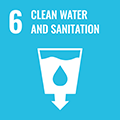


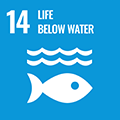


Example of Initiatives
- Maintenance of hotel-front beaches and restoration of coral reefs in the area (officially certified by the State of Koror in 2002 as a marine life reserve)
- Buildings sized so that rooftops do not protrude above palm trees
- Buildings located with maximum consideration for preservation of existing trees
- Water drawn from on-site sources, balancing drinking water safety with resource protection
- On-site power generation capability, including solar, and exhaust heat recycling systems for better energy efficiency
- Support for efforts to protect endangered species, such as giant clam and dugong
- Contribution to the local economy through job creation and promotion of the tourism industry
- Internships and other education opportunities for local students
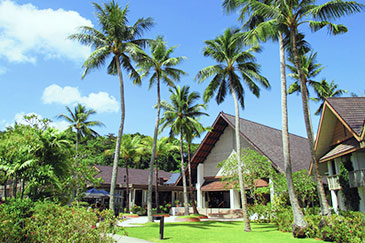

Tokyu Fudosan Holdings Group's Initiatives
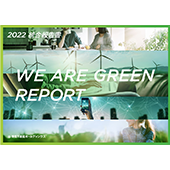
Tokyu Fudosan Holdings 2022 Integrated Report
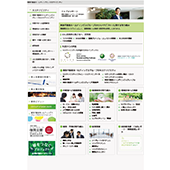
CSR Report 2021

